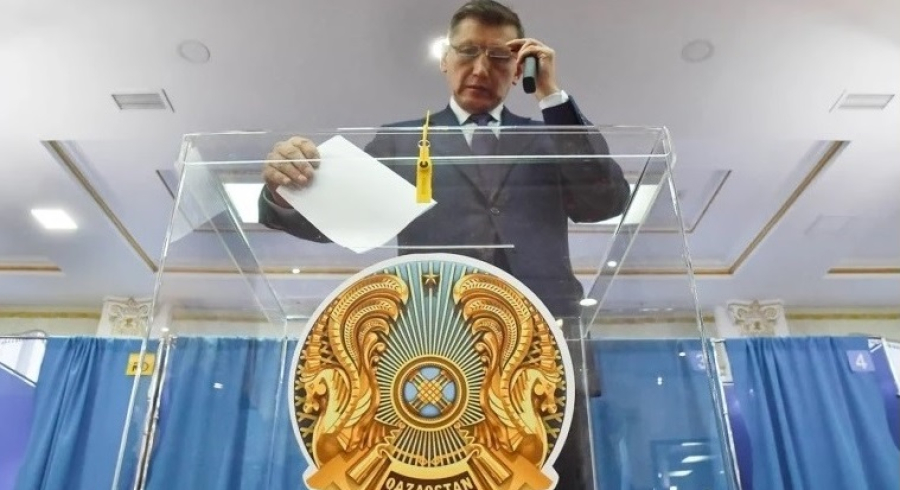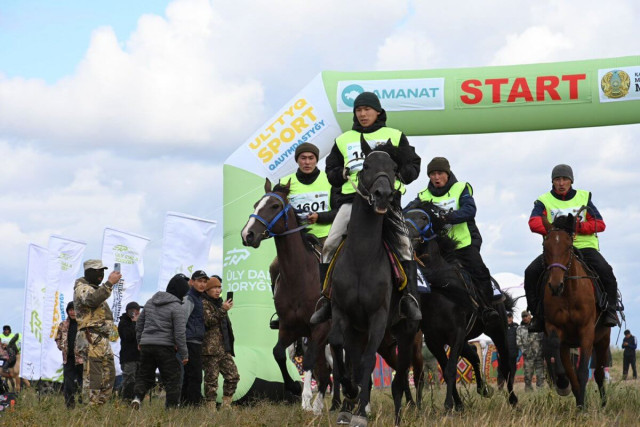
Kazakhstan plans to increase penalties for environmental damage. For example, unauthorized use of subsoil may be punishable by up to three years of imprisonment. The Minister of Ecology, Geology and Natural Resources, Serikkali Brekeshev, presented in the Mazhilis amendments to the country's criminal and criminal procedure codes to increase liability for environmental violations. According to him, previously, illegal tree felling was punished by community service or small fines. Such penalties are disproportionate to the damage caused, the minister believes. However now, according to the amendments, such violation is transferred from a misdemeanor to a crime. In addition, Brekeshev spoke about amendments to the Code of Administrative Violations. They are aimed at protecting national parks and other natural resources of Kazakhstan. The Mazhilis approved amendments to the legislation in first reading.
“In recent years, the number of cases of individuals violating the procedure for the stay in certain types of specially protected natural areas has sharply increased. While in 2017 there were only 41 offenses committed, in 2020, despite the pandemic, more than 900 people were brought to justice. In this regard, the Draft Law increases the fine from two to five Monthly Calculation Indexes,” said Serikkali Brekeshev, Kazakh Minister of Ecology, Geology and Natural Resources.
In addition, on the sidelines of the Mazhilis, Brekeshev spoke about the need to regulate the Oral population of saiga. It is aimed at maintaining and increasing the number of this animal species and preventing conflicts with farm animals.
“Biological substantiation has been completed. Scientists say there is a need to regulate the saiga population. This is the Oral population. If the Oral saiga population now amounts to a little more than 800,000, then about 10 percent of them are subject to regulation. It is 80,000 saigas,” added Brekeshev.
Translation by Assem Zhanmukhanova
Editing by Galiya Khassenkhanova









